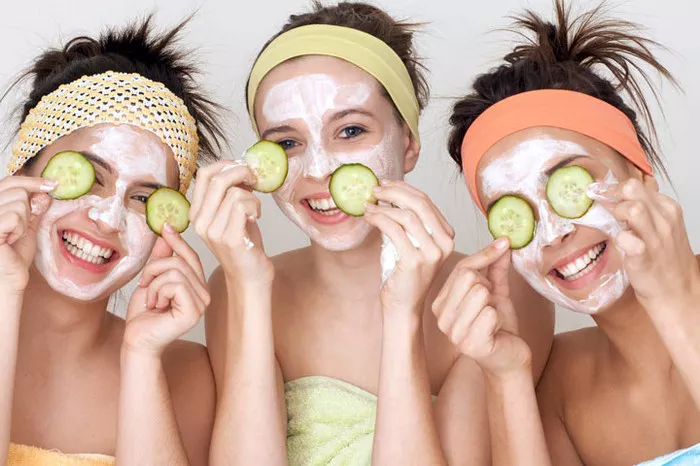China’s skincare market, valued at approximately $40 billion, is witnessing robust growth as consumers increasingly favor value-for-money brands. According to Euromonitor International, this market is projected to expand to $44 billion by 2027, reflecting a shift in consumer preferences towards affordable yet high-quality skincare options.
The e-commerce sector is a major driver of this growth, with online sales currently accounting for over 40% of the market. BDA Partners predicts this figure will rise to 60% by 2027. The trend towards online shopping aligns with a broader shift in consumer behavior, as Chinese consumers become more discerning and research-driven in their skincare purchases.
Stephanie Sam, a media communications professional, exemplifies this trend. Last May, she spent 4,000 yuan (approximately $562) on skincare products during an online sale, prioritizing high-quality items like retinol and Vitamin C serums. “I have the whole range of products,” she said. “They have scientific research behind them and are available at mid-range prices, so I don’t feel like I’m breaking the bank.”
The rise in demand for value-for-money skincare products has prompted both domestic and international brands to adjust their strategies. Drunk Elephant, a Houston-based brand owned by Japan’s Shiseido, recently expanded its presence in China. Launched in April across Sephora’s 250 stores, the brand also had an established presence on Alibaba’s Tmall platform since 2019. Despite the seemingly high prices of Drunk Elephant’s products, such as an intensive hydration serum priced at HK$405 and a polypeptide cream at HK$560, they remain more affordable compared to luxury brands like Dior and Chanel.
The current economic climate, characterized by cautious consumer spending and increased savings, has impacted luxury sectors more significantly than the mid-range and value-for-money segments. Samuel Tse, an economist at DBS, notes that while high-end items and luxury goods are struggling, brands offering better value are performing well.
The competitive landscape in China’s beauty market is evolving. A recent joint study by CBE and the Hurun Research Institute highlights that skincare brands, including domestic names like Comfy, Guyu, and HBN, dominate the top rankings in beauty care. Rupert Hoogewerf, chairman and chief research officer at Hurun, attributes this dominance to the innovation and market competitiveness of domestic brands, which cater to the growing demand for personalized and high-quality beauty products.
Foreign brands are adapting to this competitive environment by localizing their strategies. Brands such as The Face Shop from South Korea and Huda Beauty from Dubai have exited the Chinese market, while others like L’Oréal are revising their approaches. According to BDA Partners, Chinese brands now hold a 60% market share, underscoring the significant presence of local players.
Social media marketing has played a crucial role in building brand awareness in China. Drunk Elephant’s Kim-English notes that 40% of the brand’s total sales in China come from online channels, reflecting the importance of digital engagement. “To succeed in this landscape, delivering a superior product along with a unique brand approach is essential,” she said. “This gives consumers confidence that they are receiving value for their money, a trend we are seeing increasingly in China.”
As the market continues to evolve, the emphasis on value-for-money and high-quality skincare products remains a defining factor in shaping consumer choices and brand strategies.
You Might Be Interested In:

